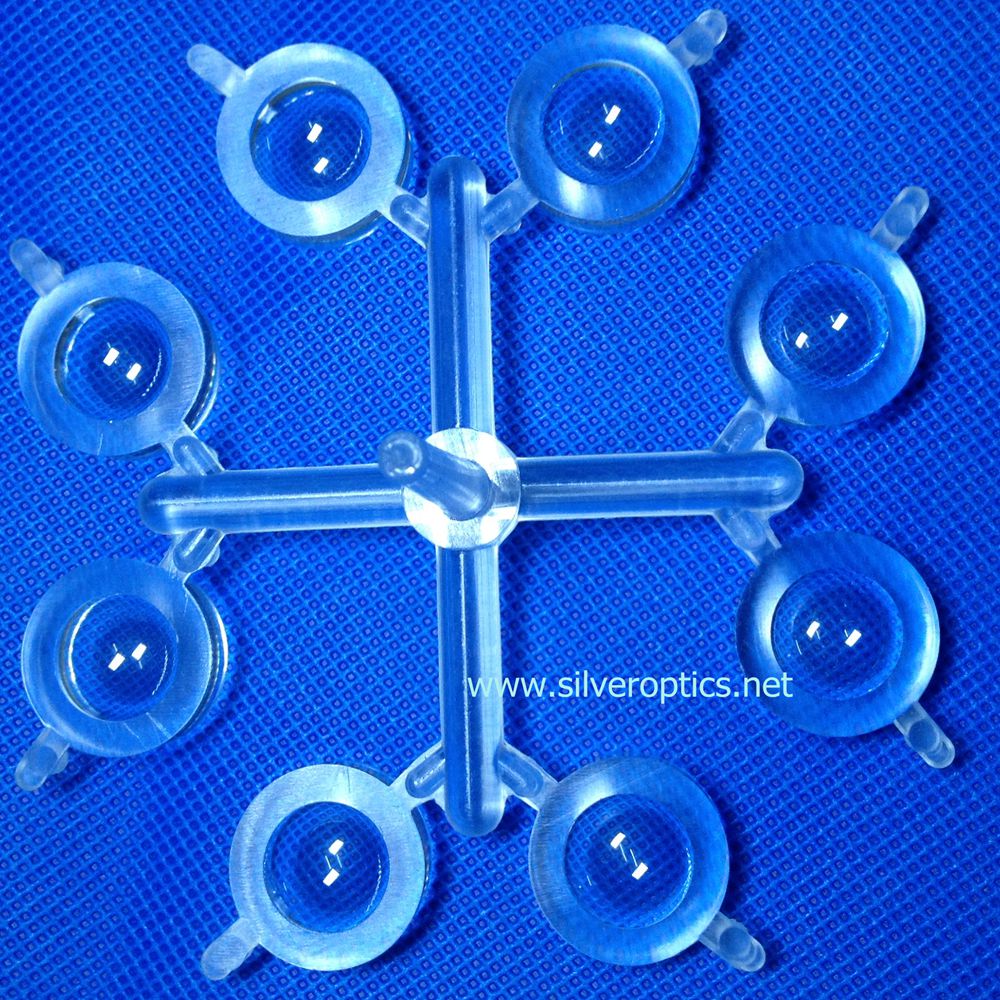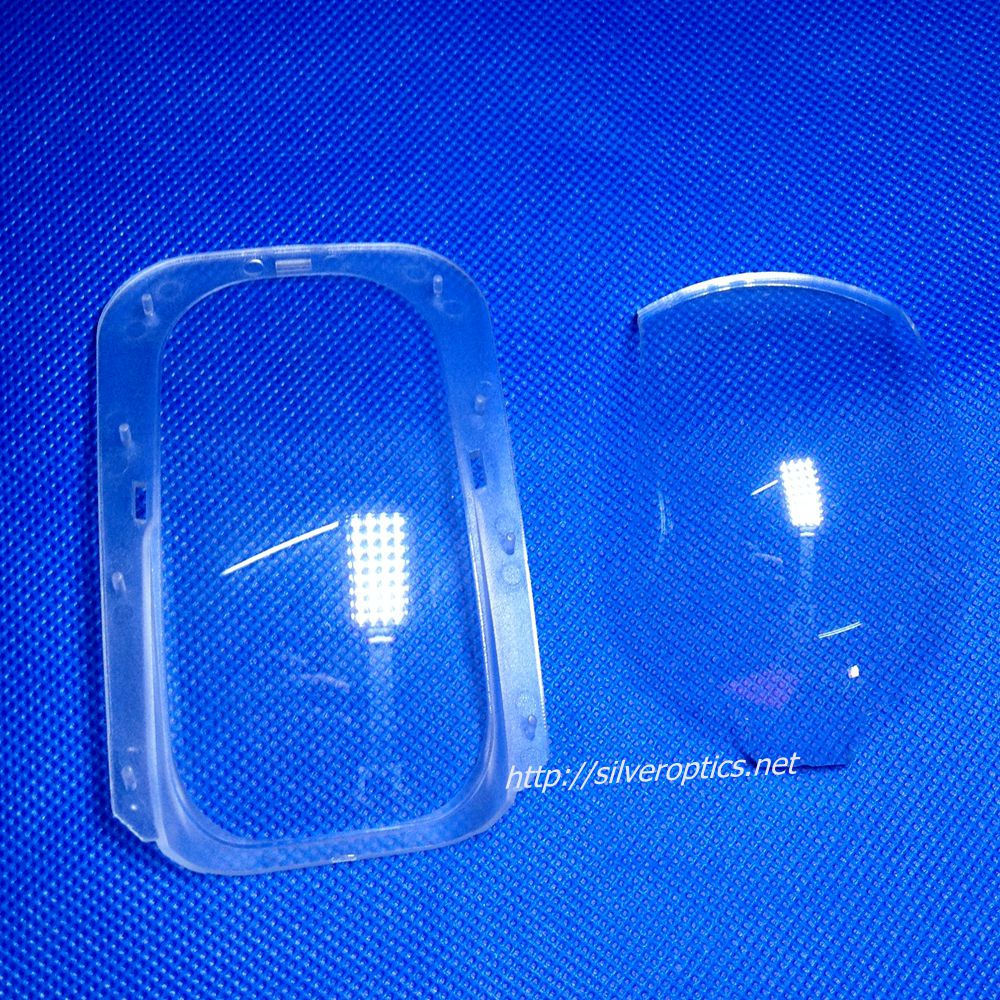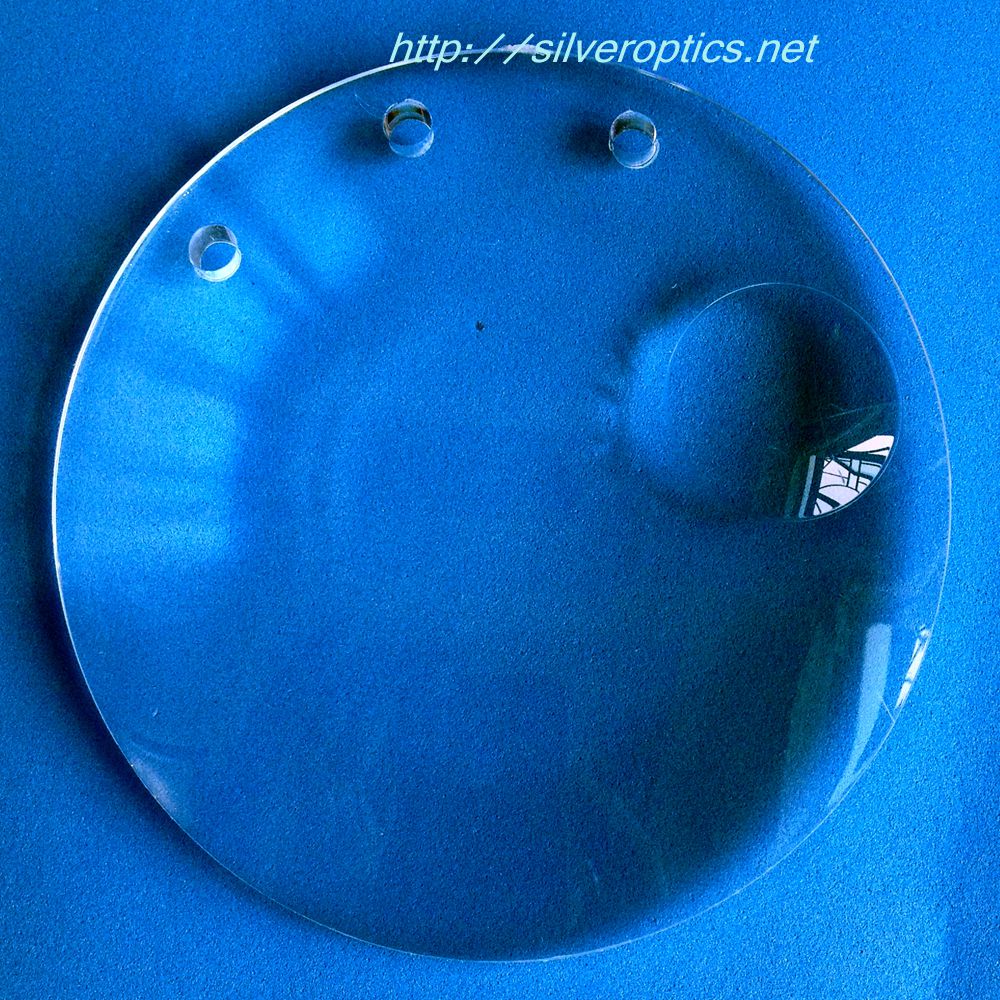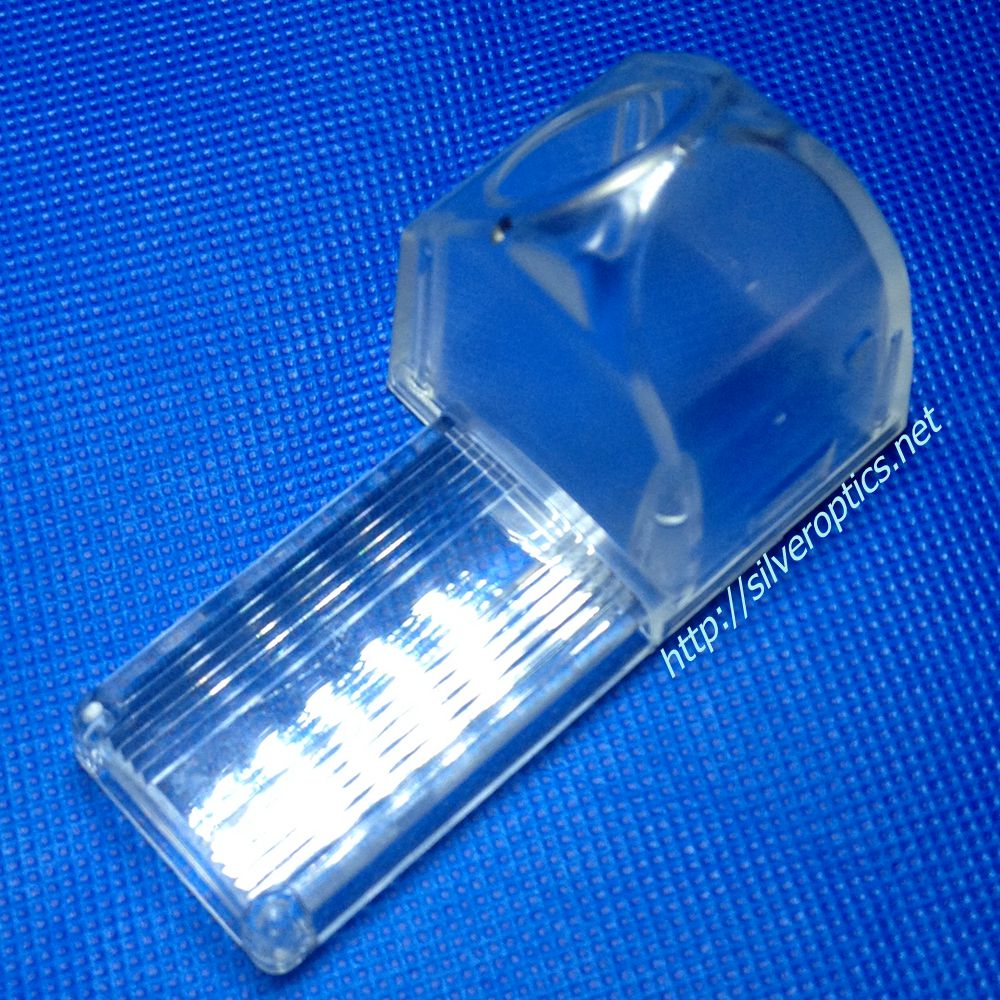
3D Video Glasses
3D video glasses, also known as virtual reality (VR) glasses or headsets, are wearable devices that immerse users in a virtual environment, often providing a stereoscopic 3D effect. These devices typically consist of a head-mounted display (HMD) that covers the user's eyes and sometimes includes built-in headphones or speakers for audio immersion.
The primary purpose of 3D video glasses is to create an immersive experience for various applications such as gaming, watching movies, experiencing virtual tours, and even for professional applications like architectural visualization or medical training.
There are several types of 3D video glasses available on the market, ranging from basic models that use smartphones as screens to high-end devices with built-in displays and advanced motion tracking technology. Some of the well-known brands in this space include Oculus (owned by Meta Platforms, formerly Facebook), HTC Vive, Sony PlayStation VR, and Samsung Gear VR, among others.
These devices often rely on a combination of motion sensors, gyroscopes, and sometimes external cameras to track the user's head movements, allowing them to look around and interact with the virtual environment naturally. Additionally, many modern VR systems offer controllers or hand-tracking technology to enhance the user's ability to interact with virtual objects.
As technology continues to advance, we can expect to see improvements in display resolution, field of view, comfort, and overall immersion, making 3D video glasses an increasingly popular and accessible way to experience virtual environments.











